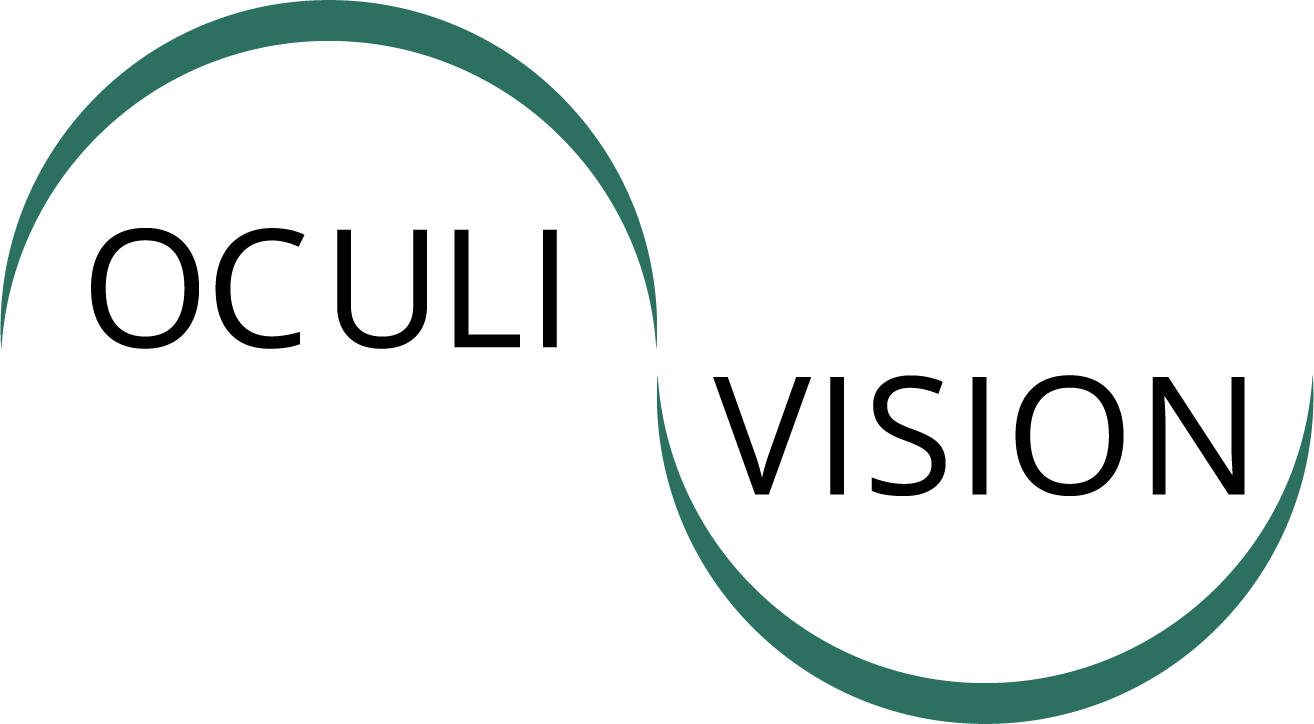Chronic health conditions like diabetes mellitus tend to make life more difficult for patients. Long-lasting diseases can come with a host of changes from weight gain and mood swings to permanent nerve damage. Because diabetes is a multi-systemic disorder which affects the entire body, all organs including the eyes may get caught in the crossfire. Living with these changes can certainly be frustrating, but early diagnoses and proper prevention can reduce the need for invasive treatment in the future. The following are some clear answers to common questions about diabetes and eyesight.
Cataracts
Your eyes contain various parts which allow you to see images. These parts must work together for vision to be clear, and disfunction at any level can affect the whole. For instance, the internal lens of your eye lets it focus on external objects like a camera. Healthy lenses are transparent, meaning they let in as much light as possible. However, if lenses become cloudy, the eyes cannot focus normally, and this condition is known as a cataract. While anyone’s eyes can form cataracts, those suffering from diabetes tend to develop them earlier and more rapidly. Glare and blurry vision are common symptoms of cataracts and surgery is generally required to remove and replace the damaged lens.
Glaucoma
It is well known that diabetes can lead to nerve damage (neuropathy). Diabetic neuropathy causes pain, numbness, and tingling, and often affects the extremities such as hands, feet, legs, and arms. Unfortunately, this damage can extend as far as the optical nerve. This may lead to glaucoma, a condition where fluid fails to drain and pressure builds up within the eye. Being diagnosed with diabetes doubles one’s risk of developing glaucoma. While glaucoma doesn’t always present with symptoms initially, it can dramatically affect vision if left untreated. Your optometrist will be able to detect the early signs before serious symptoms arise.
Vision Loss
Diabetics often experience changes depending on blood sugar levels. Because healthy blood sugar is necessary for the proper functioning of most organs, physical and psychological shifts are sure to follow as it fluctuates. For example, blurry vision is a common occurrence for diabetics with high blood sugar and this results from damage to blood vessels and eye lenses. Maintaining a proper blood sugar range often alleviates short-term vision changes, so don’t race to buy glasses if you experience minor symptoms. Self-monitor for improvement in the next few weeks and notify your physician to check for more significant issues.
Retinopathy
One of the more troubling complications of diabetes is retinopathy. This common condition is the leading cause of blindness in adults aged 20-70 and it’s estimated to affect nearly 8 million Americans. Diabetic retinopathy results from damaged vessels in the retinas which swell, leak, and can even stop blood flow to the rest of the eyes. In rare cases, repeat damage can lead to scar tissue which may detach the retina from the optic nerve. Unfortunately, the longer one suffers from diabetes, the greater their chance to develop retinopathy, especially if their blood sugar is out of control. Symptoms don’t always appear right away, so it’s important to get regular eye exams to ensure early treatment and reduce the risk of severe vision loss in the future.
Macular Edema
Swelling in the body is known as edema. It generally occurs when fluid accumulates in a contained space for various reasons. About 10% of individuals diagnosed with diabetic retinopathy will develop macular edema as their blood vessels become more and more damaged over time. Common symptoms include wavy, double, or blurry vision, floaters, color changes, and eventual blindness. Treatment generally involves laser procedures which seek to reduce blood vessel leaks within the eyes.
Diabetes is a chronic health condition which negatively affects the whole body. Many complications can develop from this disease, including those that impact eyesight. If you’ve been diagnosed with diabetes, you’re at higher risk of experiencing noticeable changes in vision. Speak with your physician about preventative measures and be sure to schedule regular eye exams at least once a year. Give us a call or reach out online for more information on diabetes and eyesight improvement.

